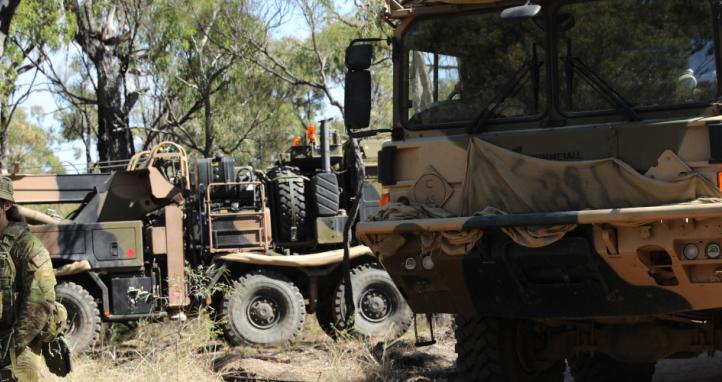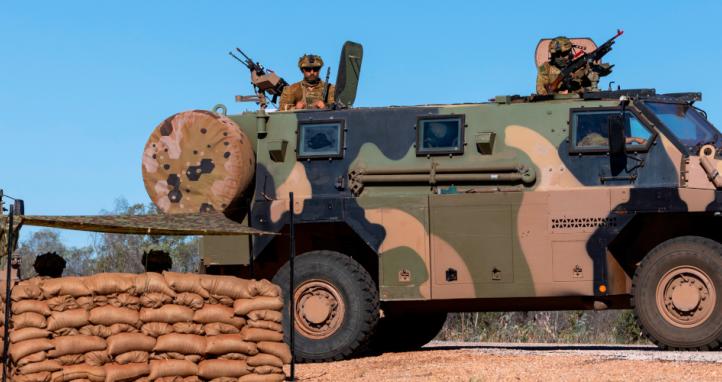Remembrance Day has played an important role in how we as Australians have viewed the past. The memorialising of the First World War has been central to how we have regarded our collective antipodean identity, particularly with our neighbours across the ditch. At the eleventh hour, on the eleventh day of November, we pause our normal activities for a minute’s silence to honour those that have fallen.
So what has Jock of the Bushveld got to do with Remembrance Day?
Jock of the Bushveld is a true story by South African author Sir James Percy FitzPatrick published in 1907. The book, something of a cult novel in the Kipling mode, tells of FitzPatrick's travels with his dog Jock. In the book Percy portrays his personality onto Jock whom he describes is capable of feeling human emotion (Brett 2020).
The book derived from the stories that FitzPatrick told his children in their home, relating to his work adventures in the 1880s (Brett 2020). It has a powerful function as an instruction for the young reader as to the behaviour expected of subjects of the British Empire (Brett 2020). The novel is set after the First Boer War, in the Eastern Transvaal, where FitzPatrick worked as a hunter and transport-rider amongst the emerging goldfields of the Bushveld region (Wessels 2004).
Percy FitzPatrick was the eldest son of Irish immigrants to South Africa. His father served as a Supreme Court judge in the Cape Colony. Following his father’s death Percy worked itinerantly, becoming a journalist to support his mother and sister. FitzPatrick became the editor of a newspaper and acted as the head of the Reform Committee which attempted to overthrow the Kruger government through the Jameson Raid. He was charged with high treason and served one year in prison (Wessels 2004).
Whilst languishing in prison Percy was inspired to write his first book, which was published in 1899, The Transvaal from Within. A Private Record of Public Affairs though he is best remembered for Jock of the Bushveld (Kriel 2004). After his release from prison, and at the outbreak of the Second Boer War, FitzPatrick acted as Official Adviser to the Commonwealth – a service he was knighted for in 1902 (Wessels 2004).
The FitzPatricks had a strong sense of service for their adopted country. Both of Percy’s brothers died in action in the tumultuous period following the First Boer War: the first brother in Southern Rhodesia serving the British South Africa Company during the Matabele Rebellion, and the second served during the Second Boer War with the Imperial Light Horse, which Percy had jointly founded with the British Army in 1899 (Dix-Peek 2007).
Sir Percy FitzPatrick was too old to serve in the Great War so he gladly saw his two sons off with the South African Expeditionary Force. His eldest son, 28-year old Major Percy Nugent George FitzPatrick, initially served with the Imperial Light Horse Regiment that his Father founded during the German South West African Campaign. Nugent then deployed with the South African Heavy Artillery to France in 1915. On 14 December 1917, he was killed by a stray 4-inch shell and now lies buried in the Red Cross Corner Cemetery at Beugny (Dix-Peek 2007).
FitzPatrick conceived of the two minute silence in memory of his son and those who had made the ultimate sacrifice (Nasson 2004). Percy felt that in the hearts of people there was a desire to find a lasting expression for those who gave their lives in the Great War (Trigg 2008). In South Africa, during the height of the war, people observed a three minute pause, at noon each day, where all activity was suspended and they concentrated their thinking to those at the front, living, and dead (Trigg 2008).
FitzPatrick made a submission on 04 November 1919 to the War Cabinet and was subsequently forwarded on to King George V who proclaimed that a suspension of normal activities would occur on the eleventh hour, so that peoples’ thoughts may be concentrated on the glorious dead. The War Cabinet agreed to FitzPatrick’s proposal of a ‘Service of Silence’ on Remembrance Day, with an amendment of the length of silence to one minute (Trigg 2008).
This is what Jock of the Bushveld has got to do with Remembrance Day. The indomitable spirit, embodied in the tale of a man and his dog, became the impetus to remember the fallen. Across the dominion, one man’s true story of his work adventures with his dog formed a literary cult-like status; however, his laurels did not rest there. His age was seen as a barrier to deploy to the Great War himself, so he actively supported his son’s desire to do so.
When his eldest son was killed in France, Percy proposed that a national tradition of a ‘Service of Silence’ on Remembrance Day became an international expression for those who gave their lives in the Great War. FitzPatrick’s determination to memorialise those lost in the First World War, were born of the grief of his fallen son, and led to the global mark of respect we honour today at the eleventh hour, on the eleventh day, of the eleventh month.









